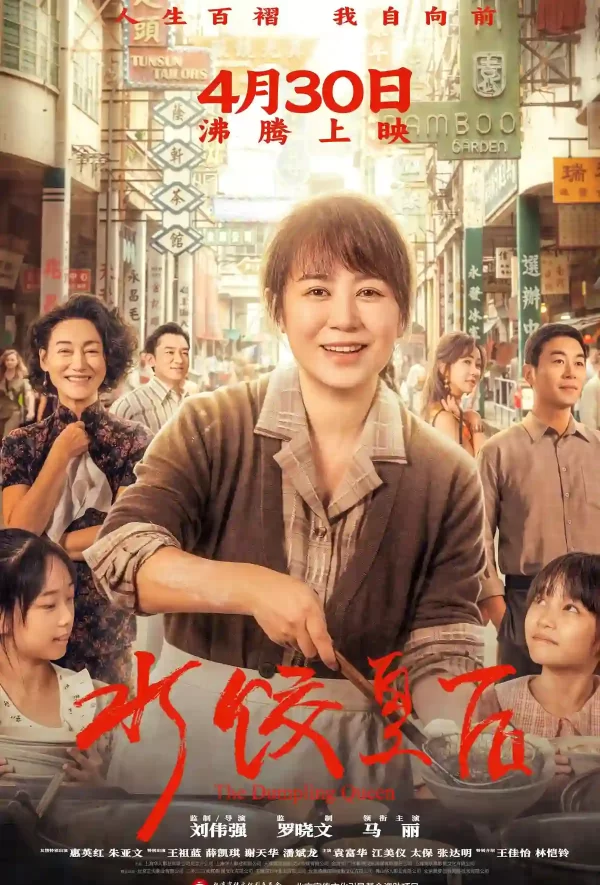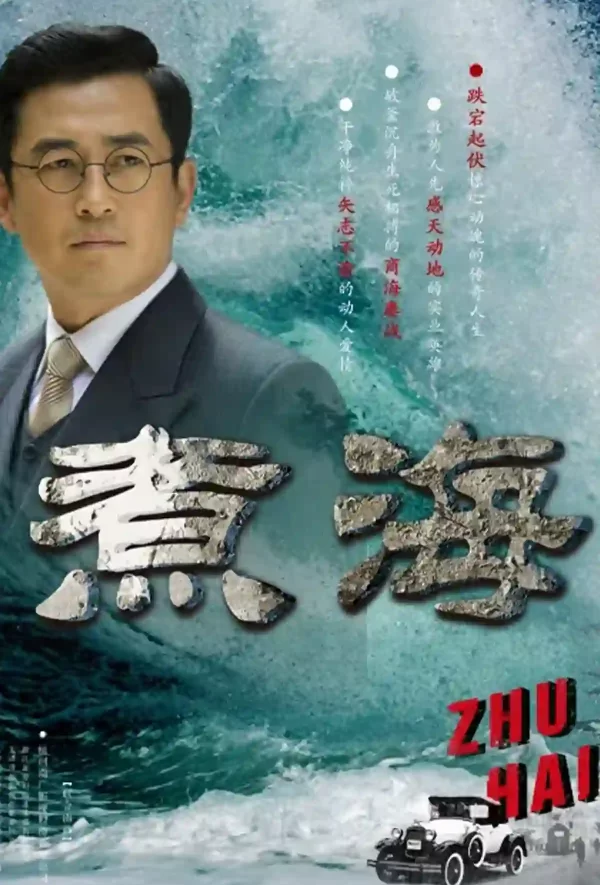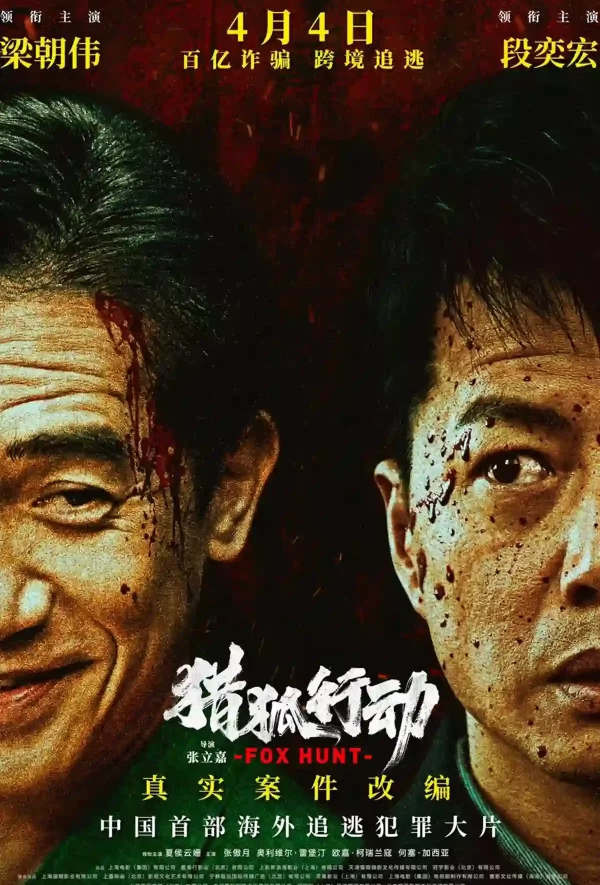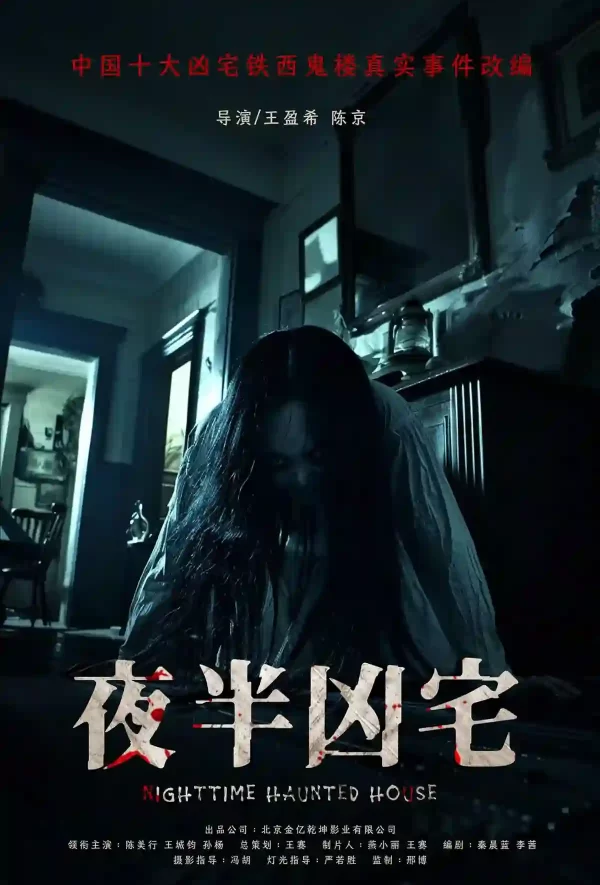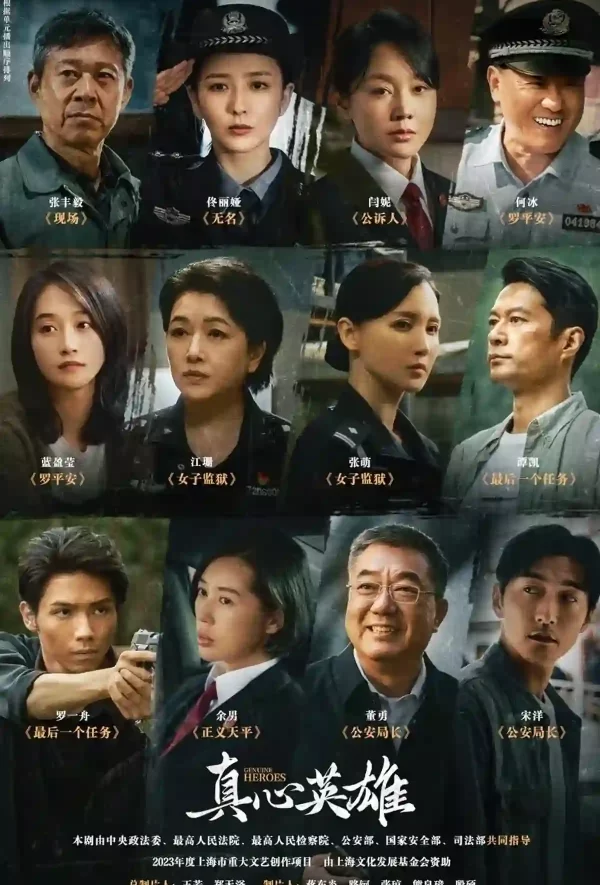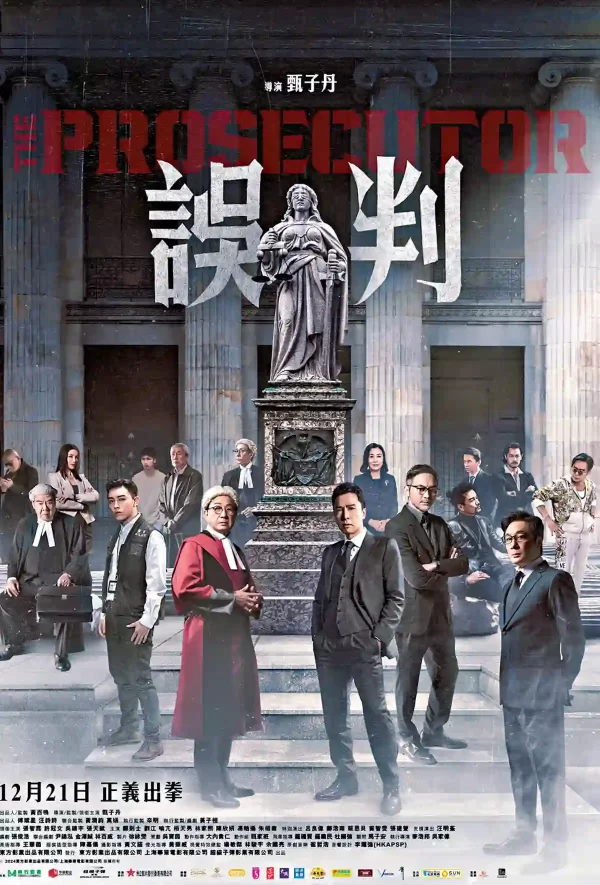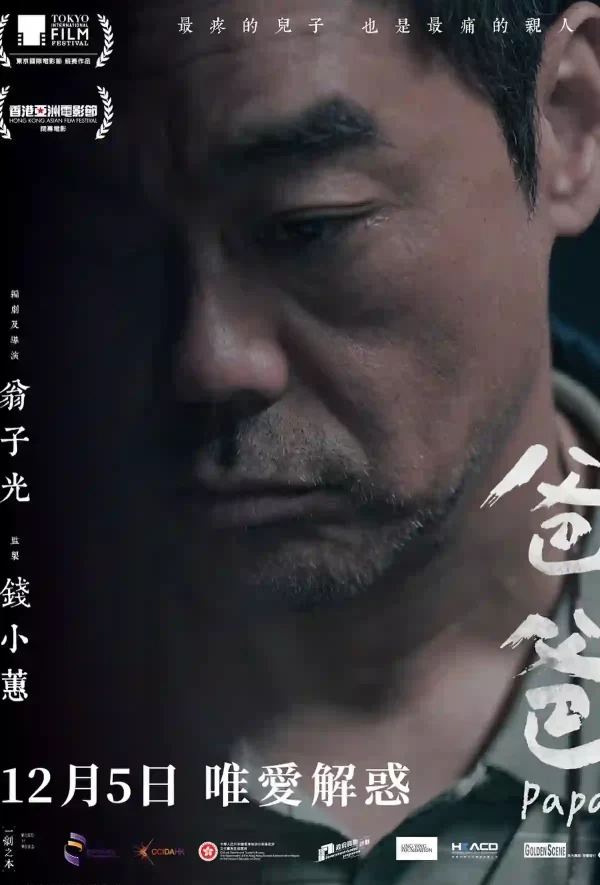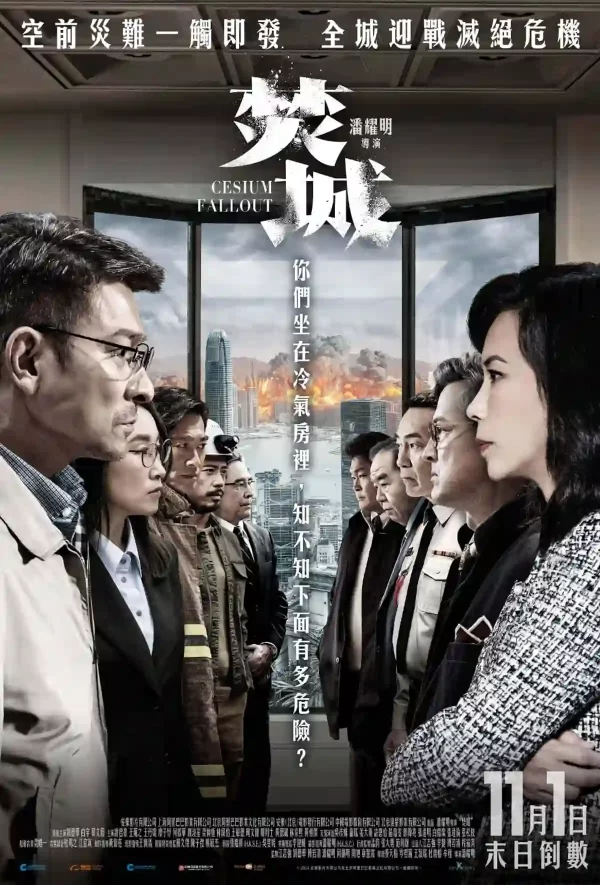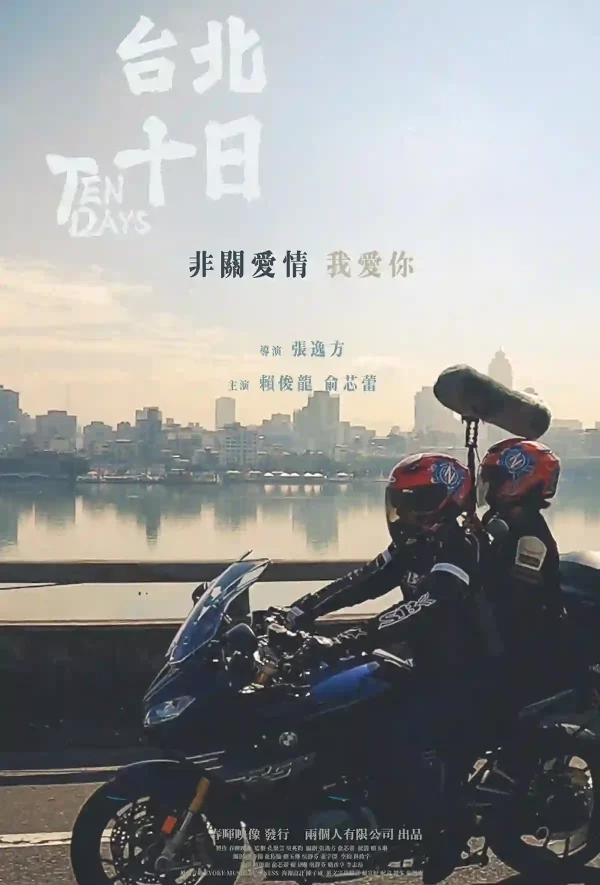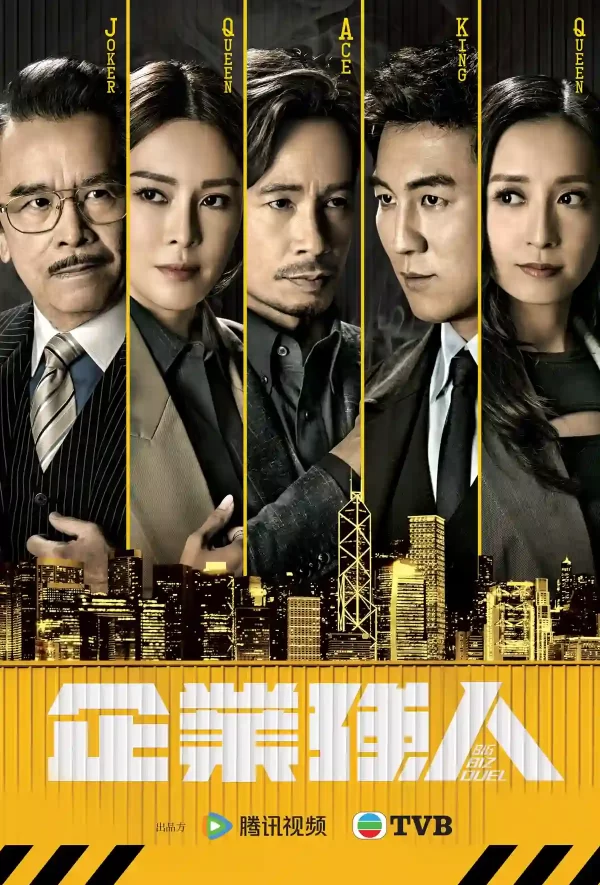The Dumpling Queen
Plot Core: From Homelessness to the Rise of the Dumpling Kingdom
The film begins in the late 1970s, telling the story of Zang Jianhe (Ma Li), a girl from Qingdao who, after a marital upheaval, finds herself stranded in Hong Kong with her two young daughters. With no money, she works as a dishwasher by day and cleans cars at night but falls into despair due to injuries and diabetes. On a winter solstice, feeling homesick, she realizes the lack of authentic northern dumplings in Hong Kong. With just 500 HKD, she builds a wooden cart and starts selling "Beijing Dumplings" at Wan Chai Wharf. However, locals initially reject her dumplings for their thick skins, leading to poor sales. After three months of perfecting her recipe, she creates the "Hong Kong-style dumpling," which becomes a hit, setting a record of selling a thousand bowls in six hours.
The climax centers on Zang Jianhe's business negotiations with a Japanese department store. When faced with their proposal for "private label manufacturing," she insists on retaining control over the "Wan Chai Wharf" brand, demonstrating her entrepreneurial spirit with the declaration, "My dumplings cannot be nameless." Ultimately, in 1985, she establishes her first factory and partners with General Mills in 1997, marking her brand's international expansion.
Character Development: Ma Li and Kara Wai Ying Hung Forge Female Solidarity
Zang Jianhe (Ma Li): Transforming from a suffering mother to a businesswoman, Ma Li vividly portrays the character's resilience and determination, showcasing her commitment to protecting her wooden cart in the rain and her unwavering stance during negotiations with Japanese partners.
Sister Hung (Kara Wai Ying Hung): She plays a tough yet warm-hearted street vendor who secretly helps Zang Jianhe connect with customers and provides crucial startup funding, reflecting the warmth and loyalty of everyday people.
Brother Hua (Zhu Yawen): Based on Zang Jianhe's real-life Japanese business partner, he evolves from a picky customer to a business mentor, highlighting the cross-cultural interactions between Hong Kong and Japan.
Supporting characters, such as Ben Yuen Fu Wah as "Sugar Water Uncle" and Wong Cho-lam as a difficult city management officer, collectively weave a tapestry of 1980s Hong Kong's street life, embodying the fighting spirit "under Lion Rock."
Production Highlights: Authentic Era Details, Restoring Hong Kong Flavor
To authentically depict Zang Jianhe's entrepreneurial journey, the crew filmed on location at the old Wan Chai Wharf, recreating 1970s street scenes with elements like wooden carts and metal stalls. Costume design reflects the era's evolution—Zang Jianhe starts in a faded floral shirt and later dons a sharp suit, symbolizing her transformation from vendor to entrepreneur.
Director Andrew Lau invited Zang Jianhe's eldest daughter as an advisor to ensure accuracy in the storyline, including the controversial subplot about her abandonment by her husband for not bearing a son and anecdotes from the 1995 TVB series "The Dumpling Queen." The score blends Shandong folk songs with Cantonese melodies, symbolizing the protagonist's journey from outsider to belonging in Hong Kong.
Social Impact: Honoring Female Entrepreneurial Role Models, Sparking Discussions in Both Regions
"The Dumpling Queen" not only depicts personal struggle but also reflects the era of integration between Hong Kong and mainland China during the early reform and opening period. Zang Jianhe's line, "Those who eat dumplings are in China; I won't leave," resonates with her real-life choice to reject immigration and focus on the mainland market, evoking audience reflections on national identity.
After the film's release, Douyin sparked the "#Make a Reversal Dumpling" challenge, with users recreating classic dumpling-making scenes from the film. Hong Kong audiences expressed surprise at Ma Li's authentic Cantonese performance, praising her accent's accuracy, which surpassed over 90% of local films. Additionally, a post-credits scene features real footage of Zang Jianhe attending a ceremony at CUHK in 2018 in a wheelchair, accompanied by the caption "Never forget where you started," moving the audience to tears.
Viewing Guide and Historical Connection
Real-Life Comparison: Zang Jianhe (1945-2019) was the founder of the "Wan Chai Ferry Peking Dumpling" brand, whose story was previously adapted into the 1995 TVB series "To Love With Love." This film is the first major biopic on the big screen.
In-Depth Focus: Those interested in "business management" can note Zang Jianhe's strategies in dealing with multinational capital; for those who prefer "emotional portrayal," don't miss the touching scenes of mother and daughter warming each other in their 4-square-meter "coffin house."
Release Information: The mainland version runs for 126 minutes, available in Cantonese and Mandarin dubbed versions; the director's cut, released in Hong Kong on May 1, adds 10 minutes of previously unseen footage detailing the challenges of the brand's expansion into the Taiwan market.
"The Dumpling Queen" employs a narrative structure of "ordinary people in a great era," paying tribute to the legend of a generation of entrepreneurs and setting a new benchmark for Chinese biopics. As one reviewer noted, "This is not just a story about a bowl of dumplings, but an epic of how a woman wraps dignity in dough and boils life in hot soup."
- Release Date2025 年 4 月 30 日
- Regions
- Filming Locations
- Xiqiao National Arts Film Studio
- Filming Dates
- 2023 年 10 月 5 日 - 2023 年 11 月 22 日
- Runtime2 hour 0 minute
- Picture Format
- Version of
Based on a true story
- User Reviews
- IMDb Rating6.7
